Interpersonal Skills and Self-Improvement
Project Management
£2360 (£1600 during the tuition waiver period)
This module familiarises learners with the significance of institutional culture by exploring analytical models that provide a research foundation for understanding how cultures function within an educational context. It examines the aspects of leadership behaviour that shape a school’s culture, and investigates the dynamics through which change is either promoted or hindered.


1. Familiarise with the significance of institutional culture through analytical models
2. Examine the aspects of leadership behaviour that shape a school’s culture
3. Investigate the dynamics through which change is either promoted or hindered in educational settings
4. Synthesise understanding of institutional culture, leadership behaviour and change dynamics to propose strategies for leading organisational change effectively


Scholarships
Citizens of the following countries are eligible for a 50% scholarship upon writing a personal statement. All scholarships are to be approved by the Academic Board. The list of countries are: Sri Lanka, Indonesia, Philippines, Bhutan, Morocco, Vietnam, Papua New Guinea, Laos, Cambodia, India, Nigeria, Ghana, Bangladesh, Laos, Myanmar, Pakistan, Nepal and South Africa. Please talk to your student counselor and ask for the Coupon Code to get the 50% Tuition Waiver.

To pass the unit a 40% overall grade must be achieved.

You are eligible if you meet our stipulated entry requirements.









Understanding Institutional Culture
Leadership and School Culture
Dynamics of Change in Education
Leading Organisational Change
Analytical Approaches to Institutional Culture
Leadership Styles and Their Effect on Culture
Change Management and Institutional Development